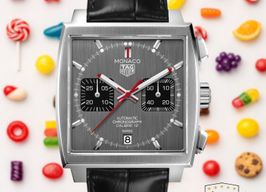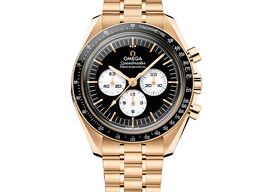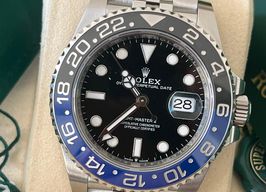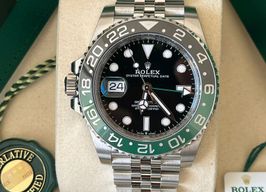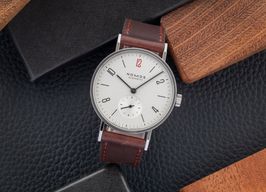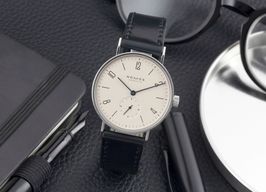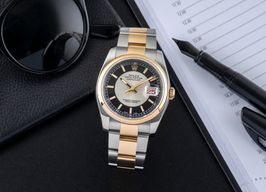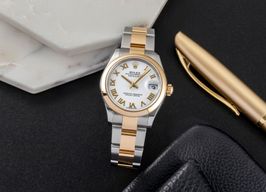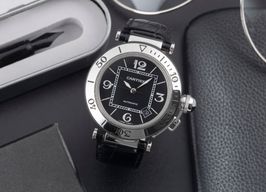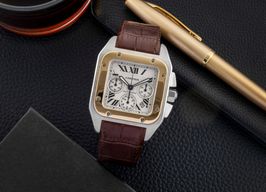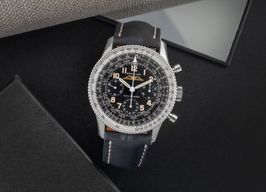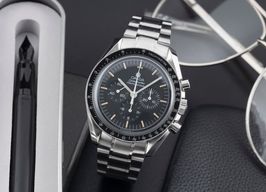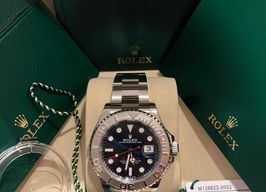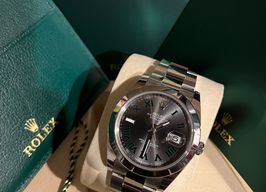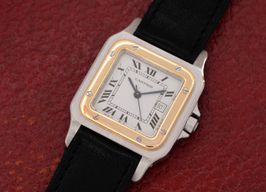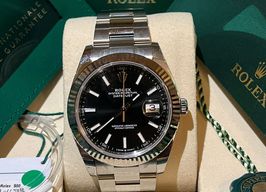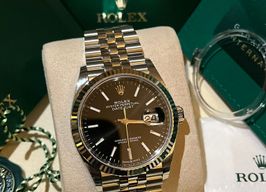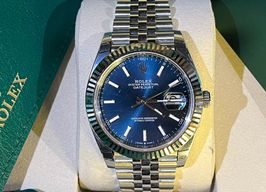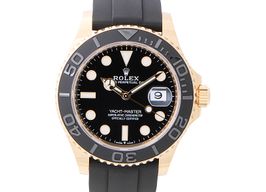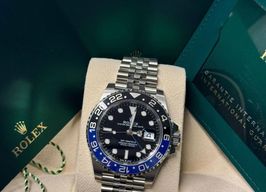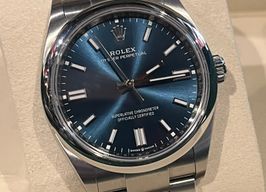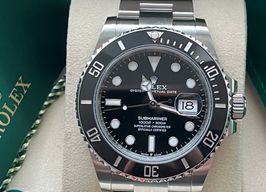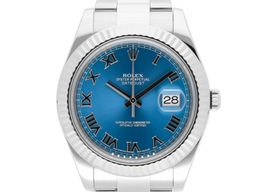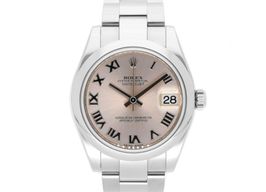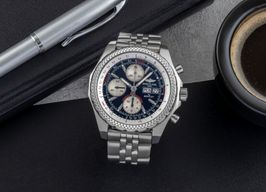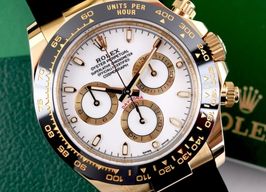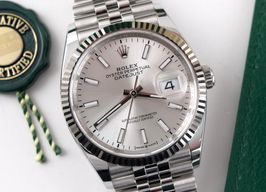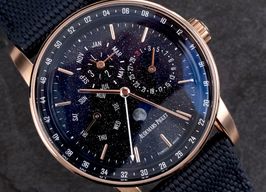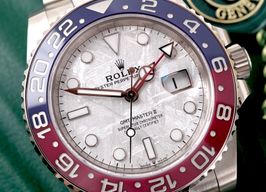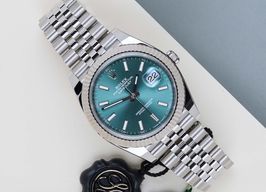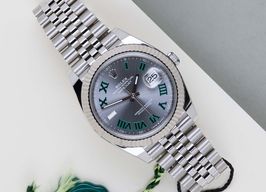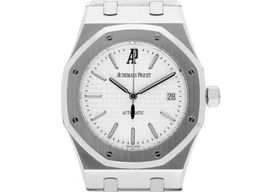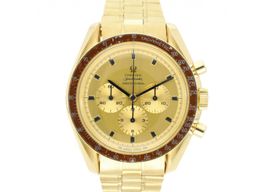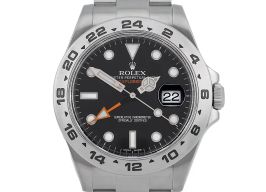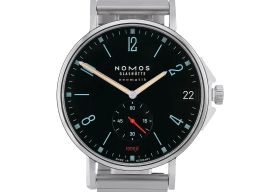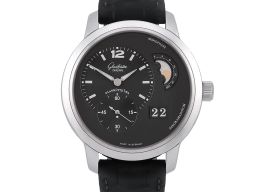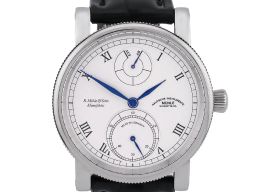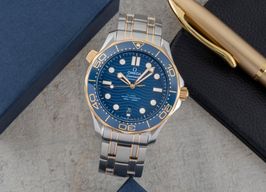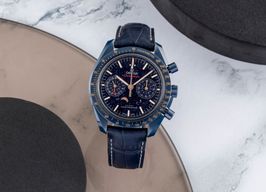
Mechanical Luxury Watches
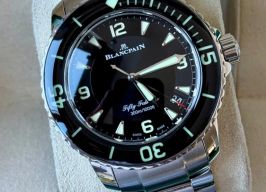
Blancpain Fifty Fathoms
Blancpain Fifty Fathoms ref 5015-1130-71S
5015-1130-71SAvailable
€ 9.699

NL
- 100% Authentic watches
- Safe delivery or pick-up
- Warranty and easy returns

- 100% Authentic watches
- Safe delivery or pick-up
- Warranty and easy returns

- 100% Authentic watches
- Safe delivery or pick-up
- Warranty and easy returns

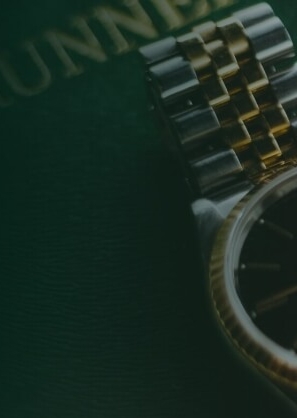
We’ll keep
an eye on it
We’ll notify you of new matches
What are Mechanical Watches?
Mechanical watches are timepieces that operate using a mechanical movement, contrasting with electronic or quartz watches. The key components of a mechanical watch include a mainspring, a gear train, and an escapement. Under Mechanical Watches fall Automatic Watches and Manual Wound Watches.
Features of a Mechanical Watches
Mechanical watches are characterized by traditional craftsmanship and unique features. They can be manually or automatically wound, with sweeping seconds hands, and some models feature exhibition case backs for a view of the intricate movement. Jeweled movements reduce friction, and artistic designs often adorn the dials and cases.
Power reserve indicators, complications like date displays, and limited production contribute to their allure. Hand-assembled by skilled watchmakers, mechanical watches offer a tactile experience and emit a distinctive sound. Longevity and collectibility, combined with a sense of heritage, make mechanical watches cherished timepieces appreciated for both their technical mastery and artistic qualities.
History of Mechanical Watches
The history of mechanical watches spans from the invention of early mechanical clocks in the 14th century to the development of portable watches in the 16th century. The 17th century saw crucial innovations like the balance spring, improving timekeeping accuracy. Pocket watches gained popularity in the 18th century, and mass production techniques in the 19th century made watches more accessible.
Wristwatches became prevalent in the early 20th century, with the Quartz Crisis challenging mechanical watches in the 1970s. However, a renaissance in mechanical watchmaking emerged in the late 20th century, emphasizing craftsmanship and tradition. Today, mechanical watches continue to thrive, blending modern innovations with timeless appeal.
Care and Maintenance of Mechanical Watches
When you opt for an mechanical watch, there are some things you need to take in to account. When looking at an automatic watch movement, in comparison to a Quartz watch, there are a lot of moving parts. And usually, moving parts suffer from damage because of friction.
That is why it’s very important to make sure your mechanical movement gets well taken care off. It needs to get some new oil and cleaned regularly. We recommend getting your modern mechanical watch serviced once every 6 years. This will help maintain its beauty and functionality, and make sure it will last you a lifetime.
Pricing of Mechanical Watches
Mechanical watches usually are a bit pricier compared to battery powered Quartz watches. This is mainly because these movements require a lot more craftsmanship because of the precisely manufactured moving watch parts.
Entry-level luxury Mechanical watches start anywhere close to €1.000 and above, depending on the brand, model, materials used, complications or more.


